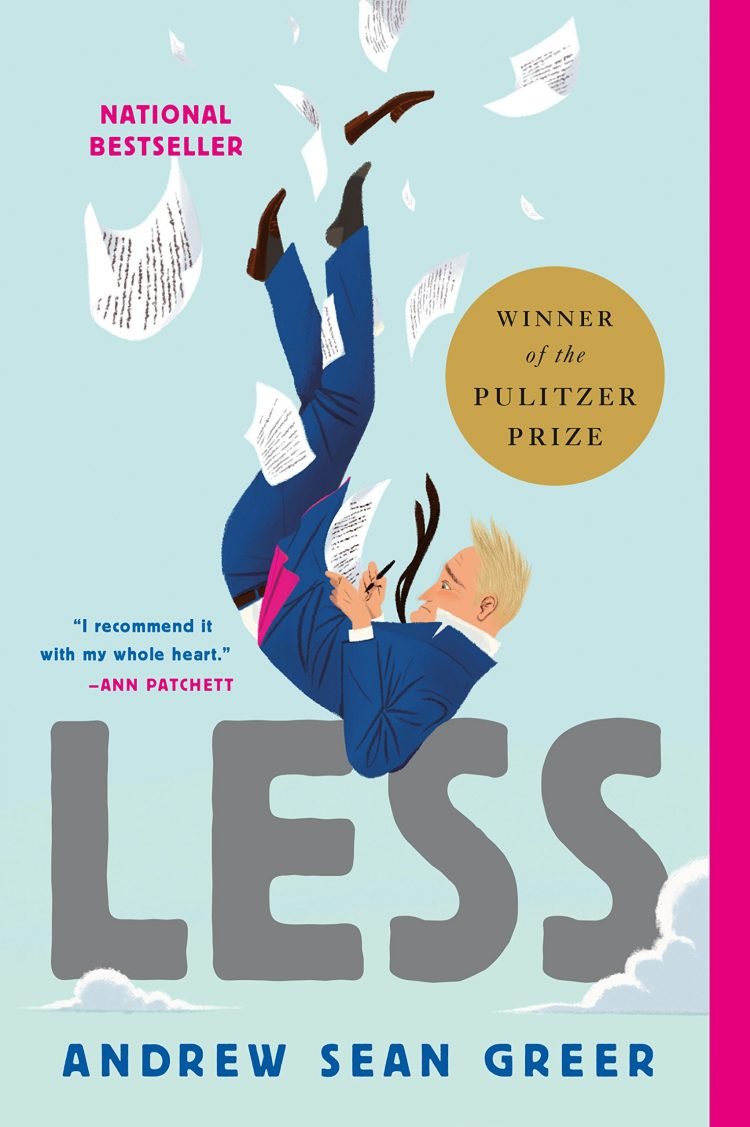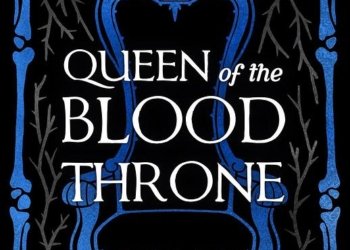No products in the cart.
Less by Andrew Sean Greer
Literary honours are rarely enough to persuade me to pick one book over another. Literature appreciation is notoriously individualised. But because I already had this on my wishlist, its recent Pulitzer Prize helped me make up my mind.
This book’s odd narrative format, which is primarily first-person present tense (with the characters’ identities concealed) yet ubiquitous, caught my attention right away. The Arthur Less narrative doesn’t seem all that horrible to me.
Look at him, sitting debonairly on the luxurious sofa in the hotel lobby, wearing a blue suit and a white shirt, and crossing his legs so that the heel of one of his polished loafers hangs free. The young man’s posture. However, sometimes it’s more like third person. It is both perplexing and fascinating.
Although it is obvious that the narrator is someone in Arthur’s life (and hence a figure addressed in the book), it seems implausible that they are currently watching him. The only way it makes sense is if the narrator imagines watching Arthur in similar circumstances after learning of his travels at a later time. It took me some time to understand this and to quit resisting it.
The Quirky Wins
I was eventually won over by the narrator’s oddball insights, their lyricism, irony, and conversational tone. When he was in his twenties, a poet with whom he had been conversing put out her cigarette in a potted plant and stated, “You’re like a human without skin.” This was said by a poet. One who made her living flaying herself alive in public had said the he, tall and young and hopeful Arthur Less, was without skin. But it was true.
I found myself underlining numerous sections as I admired the clever yet effective sarcasm laced throughout this story. The bottle of indignity always has a few drops left in it. This book is practically preaching to the choir in terms of its subject matter. Less is written about writers, writing, and the larger difficulties associated with a job and life as a creative persona. Literature is frequently cited.
While Arthur’s lack of direction makes it difficult to empathise with him, the variety of his travels and the mystery surrounding the narrator’s identity make for interesting reading. Recent occurrences have also added another wonderful coincidence to our story.
However, Greer’s narrator’s more profound emotional and philosophical explorations, along with his central character’s lack of expectation, are what finally make this book life-affirming. I heartily suggest Less by Andrew Sean Greer, but only to readers who have a strong preference for literature.
About The Book
A unsuccessful novelist approaching his 50th birthday is Arthur Less. An ex-boyfriend of nine years who is now engaged sends you a wedding invitation in the mail. Both saying yes and saying no are out of the question for Arthur because doing so would be embarrassing and defeatist. So he starts to accept the invites to shoddy literary events that are sent on his desk from all over the world.
Arthur almost falls in love, almost dies, and travels from France to India, Germany to Japan, all the while putting distance between himself and the situation he doesn’t want to face. The book Less is about misunderstandings, accidents, and the depths of the human heart.
The Review
Less
9 Score
Andrew Greer is a gifted writer and a skilled storyteller. I started reading this book with a good deal of cynical lip-curling over the precious fumbling of its title character, Arthur Less. My radar was attuned to every little bit of self-conscious “literariness,” that affectation of language through which an author separates him or herself from the herd of other writers. By the last page of the book, however, I was in tears. Somehow, Andrew Sean Greer’s feckless, nearly-fifty, aging-twink author protagonist began, against the odds, to resonate with me.
PROS
- Beautifully Written.
- Surprising And Brilliant.
- Quirky And Wonderful.
- Wonderful, Fun, Interesting.
CONS
- Pure Dreck.
- Well Written Squalor.
- Unusual Topic, Unusual Narrative.
- Neither Entertaining Nor Enlightening.











